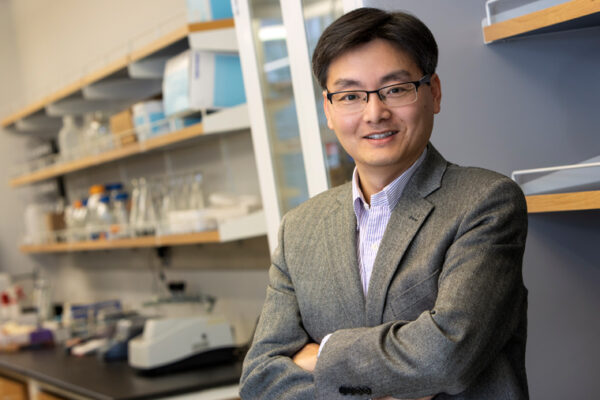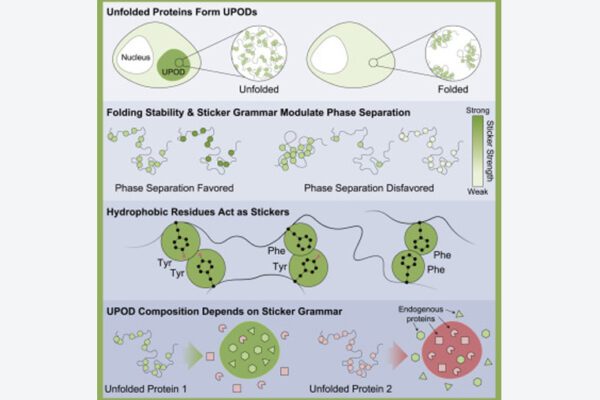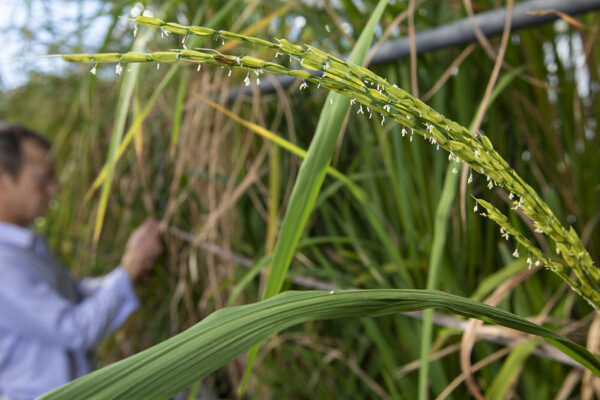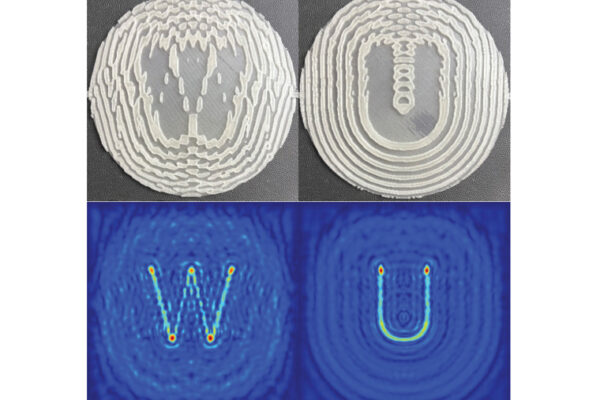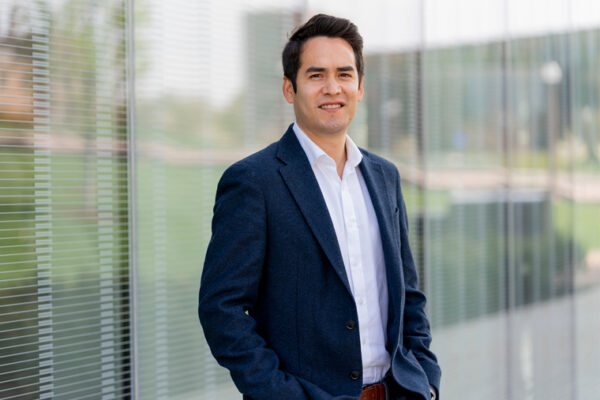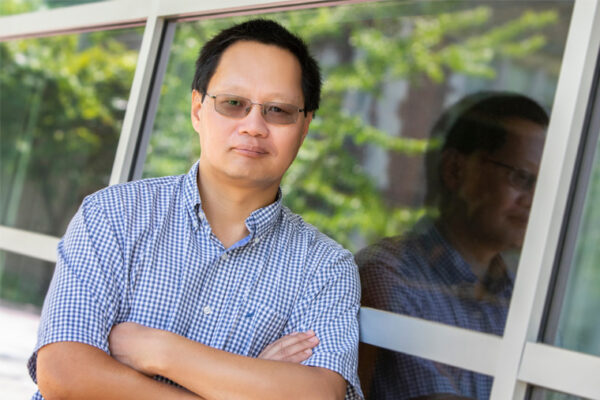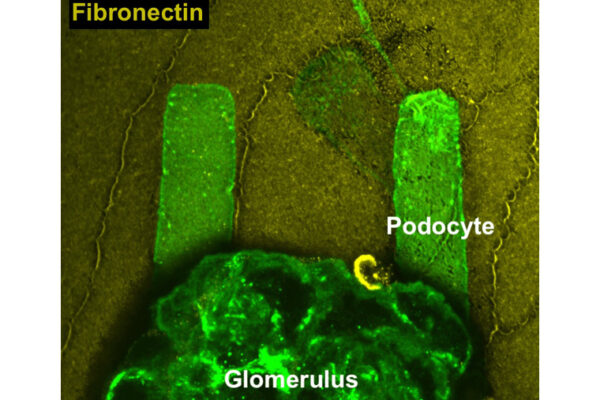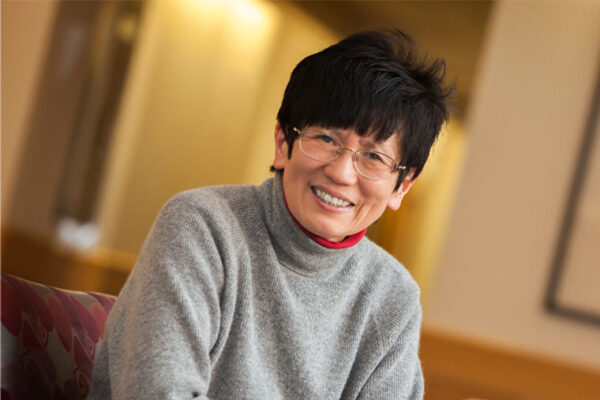He is turning waste into commodity with DOE grant
Zhen (Jason) He is leading a multi-institution team developing a scalable upgrade to current wastewater systems with a $2.3 million federal grant.
How do cells take out the trash?
New research led by Kiersten Ruff, a senior research scientist in the lab of Rohit Pappu at the McKelvey School of Engineering, has uncovered the rules that govern how unfolded proteins are identified — and found that exceptions to the rules may play a role in dysfunctional cells.
Weedy rice has become herbicide resistant through rapid evolution
Weedy rice is a closely related cousin of crop rice that aggressively competes with cultivated rice in the field. Scientists from Washington University and the University of Arkansas report that the crop pest has become widely herbicide resistant. The study highlights challenges facing U.S. rice farmers when they battle a weedy enemy that is closely related to a desirable crop plant.
New practical method of producing Airy beams could enhance ultrasound
Researchers led by the McKelvey School of Engineering’s Hong Chen recently invented a technique for generating ultrasound waves that can self-bend, like a rainbow.
Restoring movement after spinal cord injury focus of new research
Ismael Seáñez received a five-year $1 million grant from the National Institutes of Health (NIH) to lead interdisciplinary spinal cord injury research.
Water-based gel to be tested as dressing for diabetic wounds
Jianjun Guan at the McKelvey School of Engineering was awarded a four-year $1.8 million grant from the National Institutes of Health (NIH) to develop a new dressing for chronic wounds in people with diabetes.
New technology offers pathways to finding treatments for kidney disease
Research from the McKelvey School of Engineering and School of Medicine aims to overcome a critical barrier in kidney disease research with a new way to culture specific kidney cells.
Push, pull or swirl: the many movements of cilia
Louis Woodhams and Phil Bayly’s team at the McKelvey School of Engineering built a model to better understand how certain cilia — tiny, hairlike structures throughout our body — beat.
Modified nucleotides used in COVID-19 vaccines work as designed
Biologists in the laboratory of Hani Zaher in Arts & Sciences examined the modified nucleotides used in COVID-19 vaccines. The modifications faithfully produce the protein products as designed, a welcome sign for future RNA therapeutics.
Pairing imaging, AI may improve colon cancer screening, diagnosis
A new technological pairing from the lab of Quing Zhu at the McKelvey School of Engineering may lead to an improved diagnostic tool for colorectal cancer.
Older Stories
